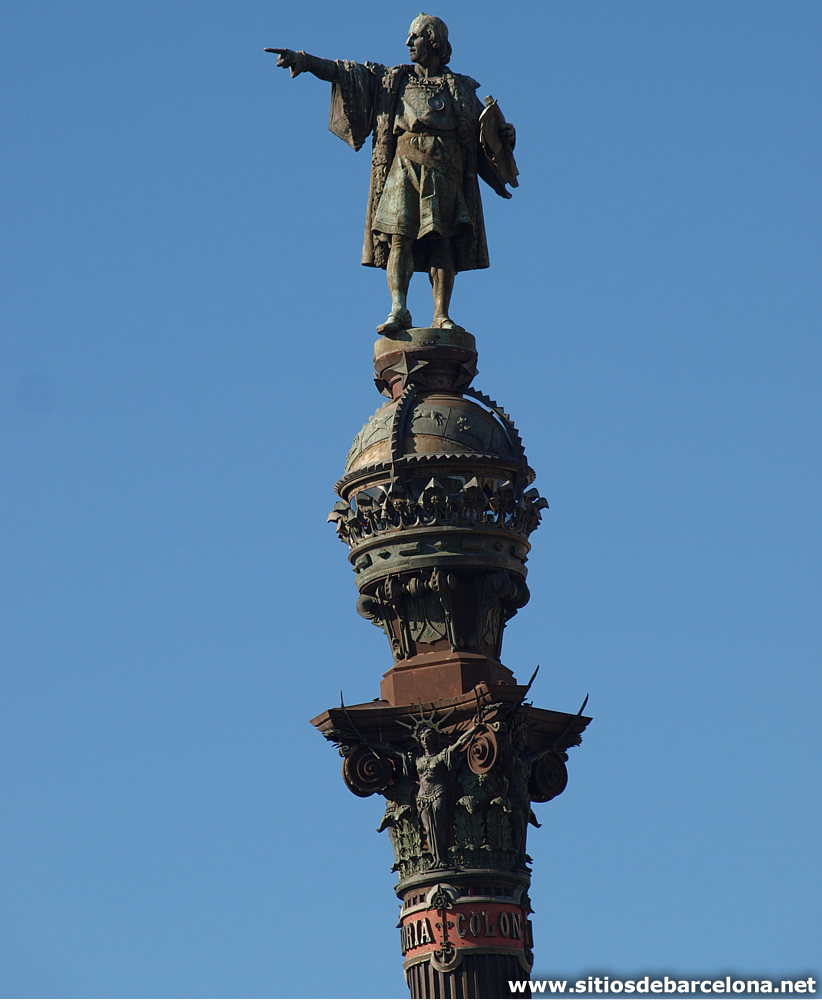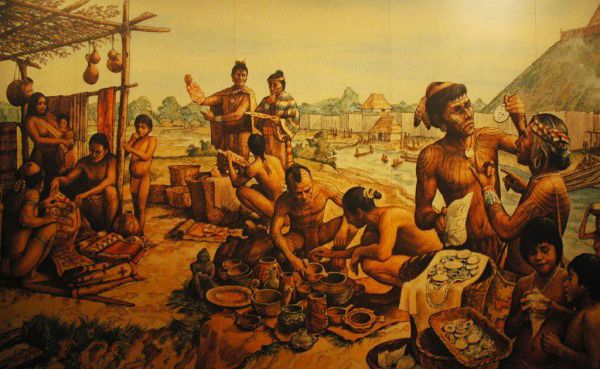Constant:
happening a lot or all the time.
Fernando the Catholic: King of Sicily 1468-1516.
Golden Age: a period of time, sometimes imaginary, when everyone
was happy, or when a particular art, business, etc. was very successful
Isabel the Catholic: She was queen of Castilla 1474 to 1504.
Lutherans: They are Christians that followed Martin Luther, a
religious German man.
María de Borgoña: Her husband was Maximiliano I. She was born in
Brussels the 13 of February.
Masterpieces: a work of art such as a painting, film, or book that
is made with great skill
Maximiliano I: He was born in Austria the 22 oh March of 1459.Her
wife was Maria of Borgoña.
Netherlands: It is a country in the Norwest zone of Europe.
Reign:
“the sun never sets on the Spanish Empire”
Sink:
to (cause something or someone to) go down below the surface or to the bottom
of a liquid or soft substance.
The Black Legend: The Black Legend (Spanish: La Leyenda Negra) is a
style of historical writing or propaganda that demonizes the Spanish Empire,
its people and its culture. The first to describe this phenomenon was Julián
Juderías in his book The Black Legend and the Historical Truth (Spanish: La
Leyenda Negra y la Verdad Histórica), an influential and controversial critique
published in 1914, that explains how modern European historiography has
traditionally presented Spanish history in a deeply negative light, ignoring
any positive achievements or developments. For this anti-Spanish literature,
Juderías coined the term black legend. Later writers have supported and
developed Juderías' critique. In 1958, Charles Gibson argued that Spain and the
Spanish Empire historically presented as "cruel, bigoted, exploitative and
self-righteous in excess of reality."
Threat: a suggestion that something unpleasant or
violent will happen, especially if a particular action or order is not followed.



